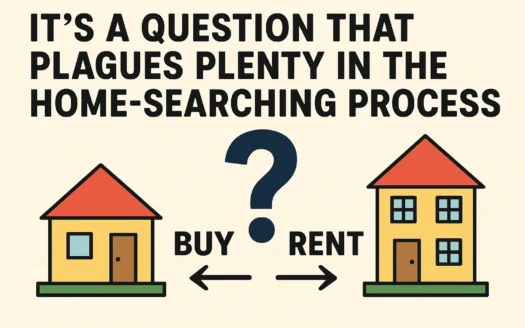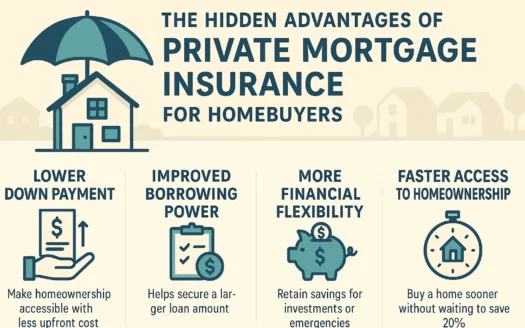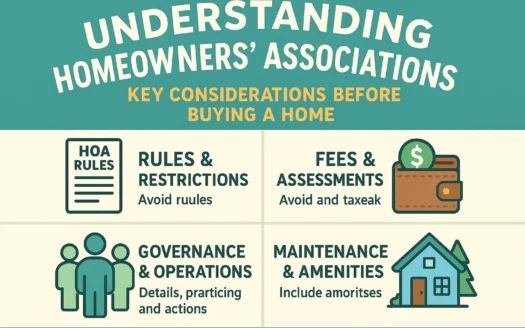Buying a Pre-Construction Condo or Townhome: Risks and Rewards

Buying a Pre-Construction Condo or Townhome: Risks and Rewards
Buying a pre-construction condo or townhome comes with plenty of bonuses. By investing early, you gain access to lower costs, get to choose your home’s location, and get to customize the floorplan and upgrades. But these advantages don’t come without risk. Committing well before completion means time for a number of problems; aside from potential construction challenges, the developer could change, unsold units could be rented out, or the project could completely fold and never be completed.
The Townhouse or Condo Developer May Change
Let’s say you invest in Company R’s condominium, which is in the pre-construction phase. You’ve selected your floorplan and scored an end unit with more natural light and privacy. A short while later, Company R reaches out to let you know they’re folding on the project.
Before panic settles, they introduce Company S, who is taking over immediately so there shouldn’t be a delay in construction. Good news, right? For the most part, yes. You’ll want to get familiar with the new developer and make sure they have a strong track record for completing projects on time. If they do, the project will likely proceed as planned.
However, a new developer means new ideas. The rooftop pool you were looking forward to might be converted into a deck and grilling area. While the new developer likely won’t make changes that devalue the community, they could introduce features you’re not interested in yet still have to help fund.
Additionally, if the original developer refunds your deposit, you may have to reapply and put a new deposit down on a unit you thought was already yours—often at a higher price.
The Developer Rents Out Unsold Units
Developers often include clauses in the Offering Plan that allow them to rent out unsold units if the market struggles. While this protects the project from folding, it can negatively impact existing owners.
Renters may be less inclined to maintain the property, leading to frustrations like unkempt yards or trash buildup. Financially, a rental-heavy property can devalue units and make lenders hesitant to offer financing, as permanent homeowners are seen as safer investments.
The Project Falls Through
If no developer or lender steps in to save a failing project, you could lose your future home. In this worst-case scenario, recovering your deposit may be the only silver lining. While this outcome is rare—most projects are completed successfully—it can leave you back at square one in your home search.
Best Practices for Buyers
- Review Sales Progress: Ask how many units are already under contract. Fewer sales mean higher risk, while nearly sold-out projects signal stability.
- Use an Earnest Money Deposit: Ensure your deposit is held in escrow or as an uncashed check. Avoid direct down payments, which may be spent during construction and harder to recover.
- Research the Developer: Investigate their track record for completing projects on time.
- Stay Informed: Maintain regular communication about construction updates and potential delays.
Bottom Line
While pre-construction projects carry risks like delays or developer changes, most are completed successfully. Protect yourself by thoroughly reviewing contracts, vetting the developer’s history, and using secure deposit methods. Flexibility and due diligence can help ensure your investment stays on track—even if plans shift slightly along the way.




